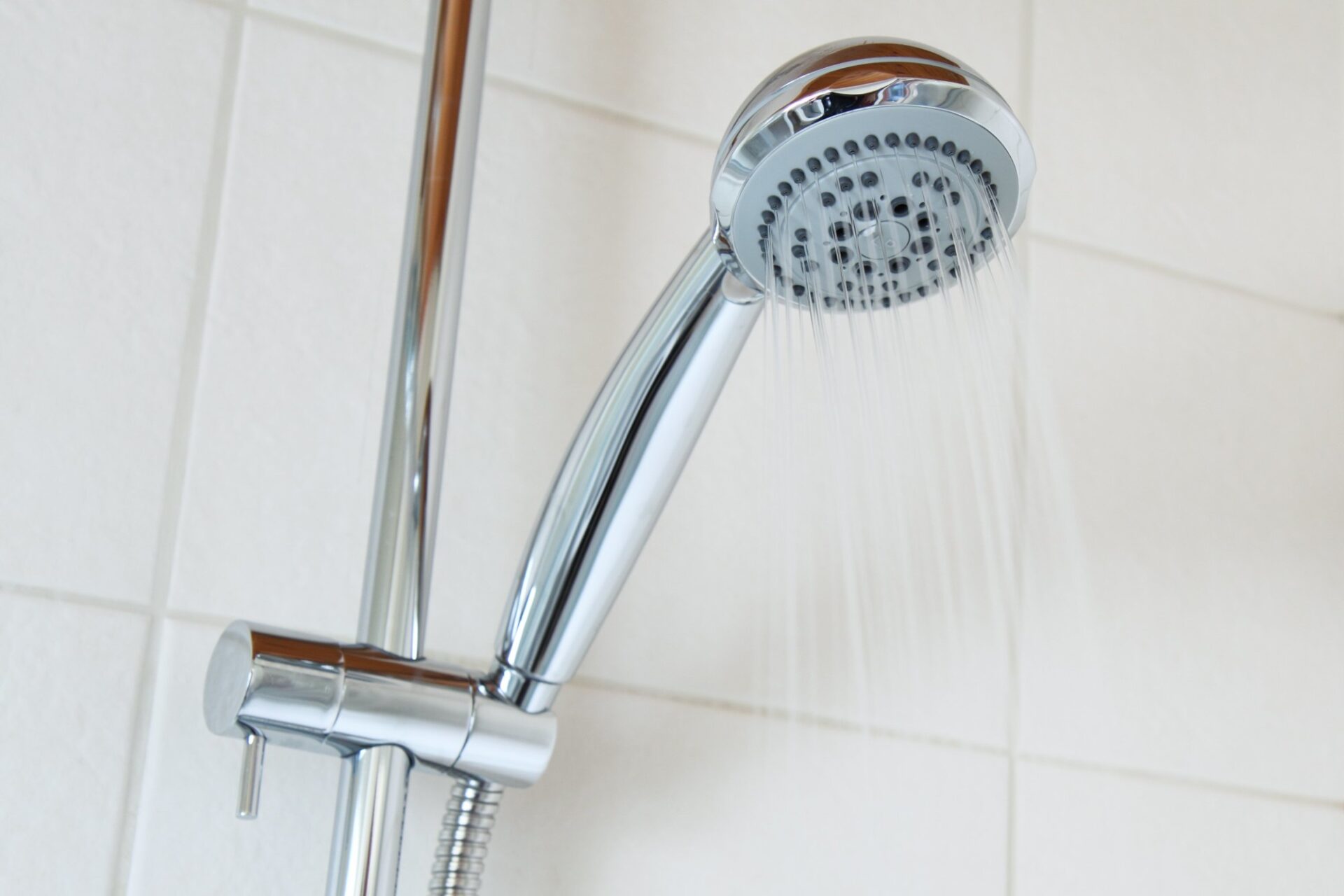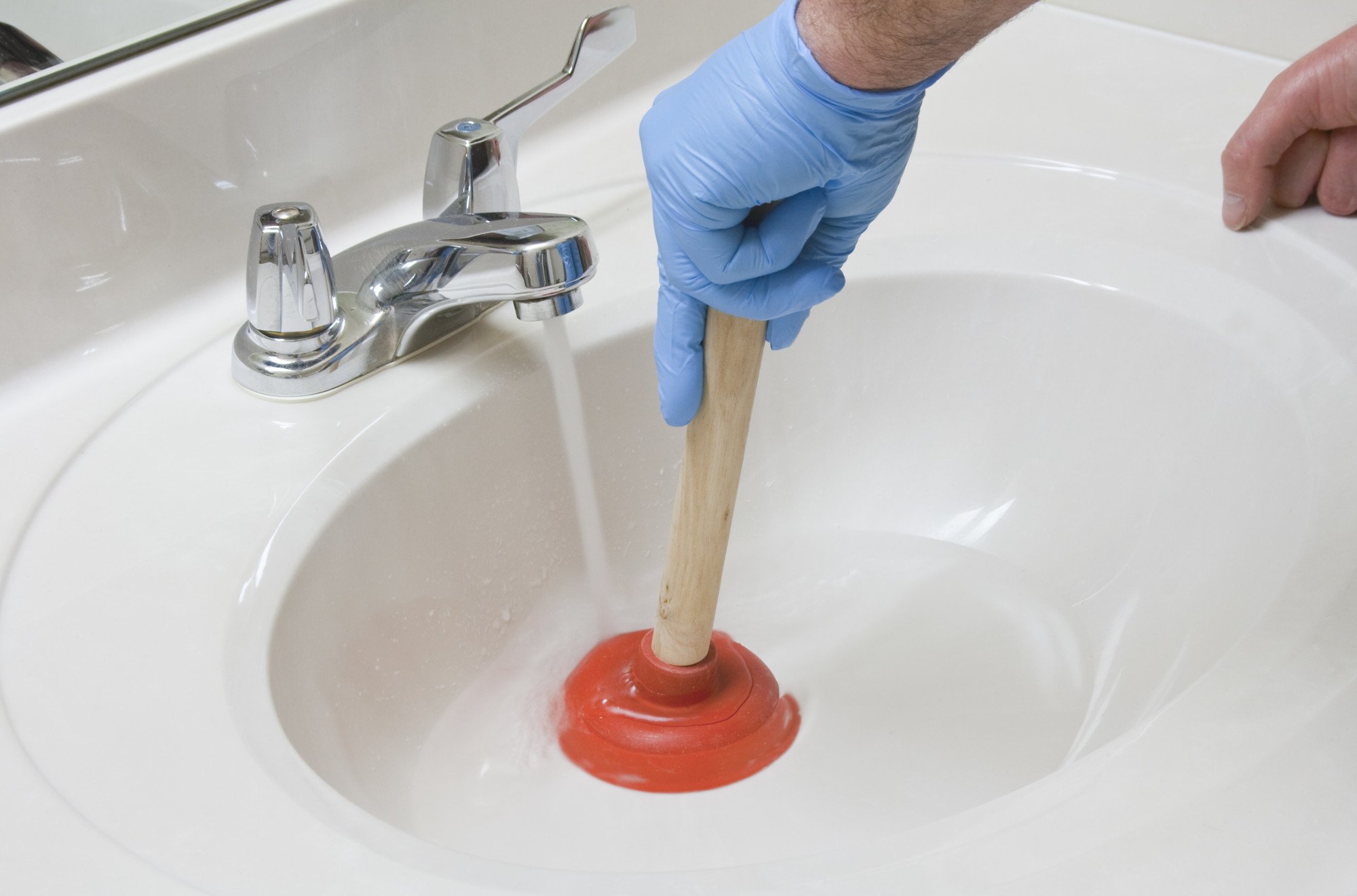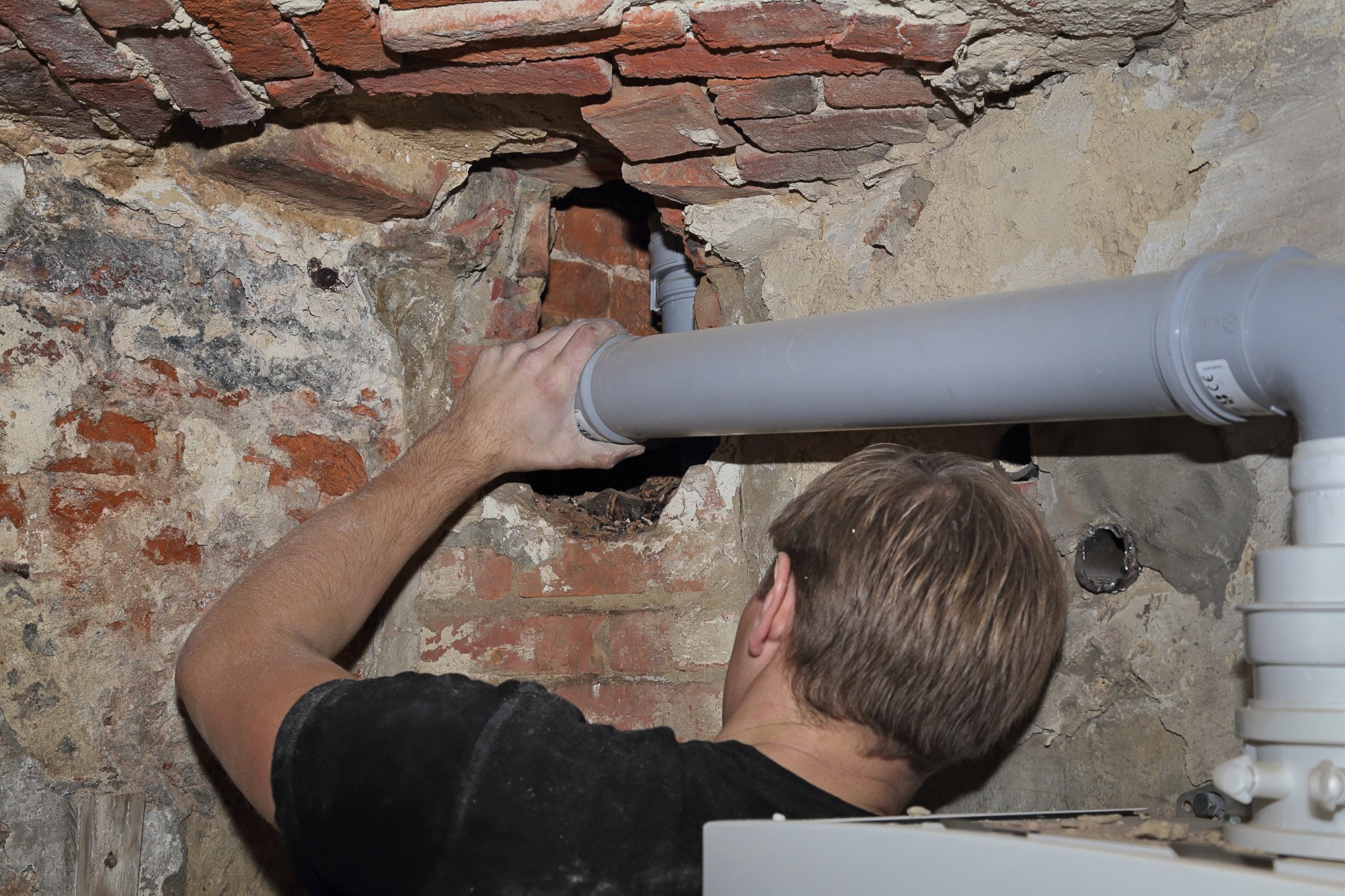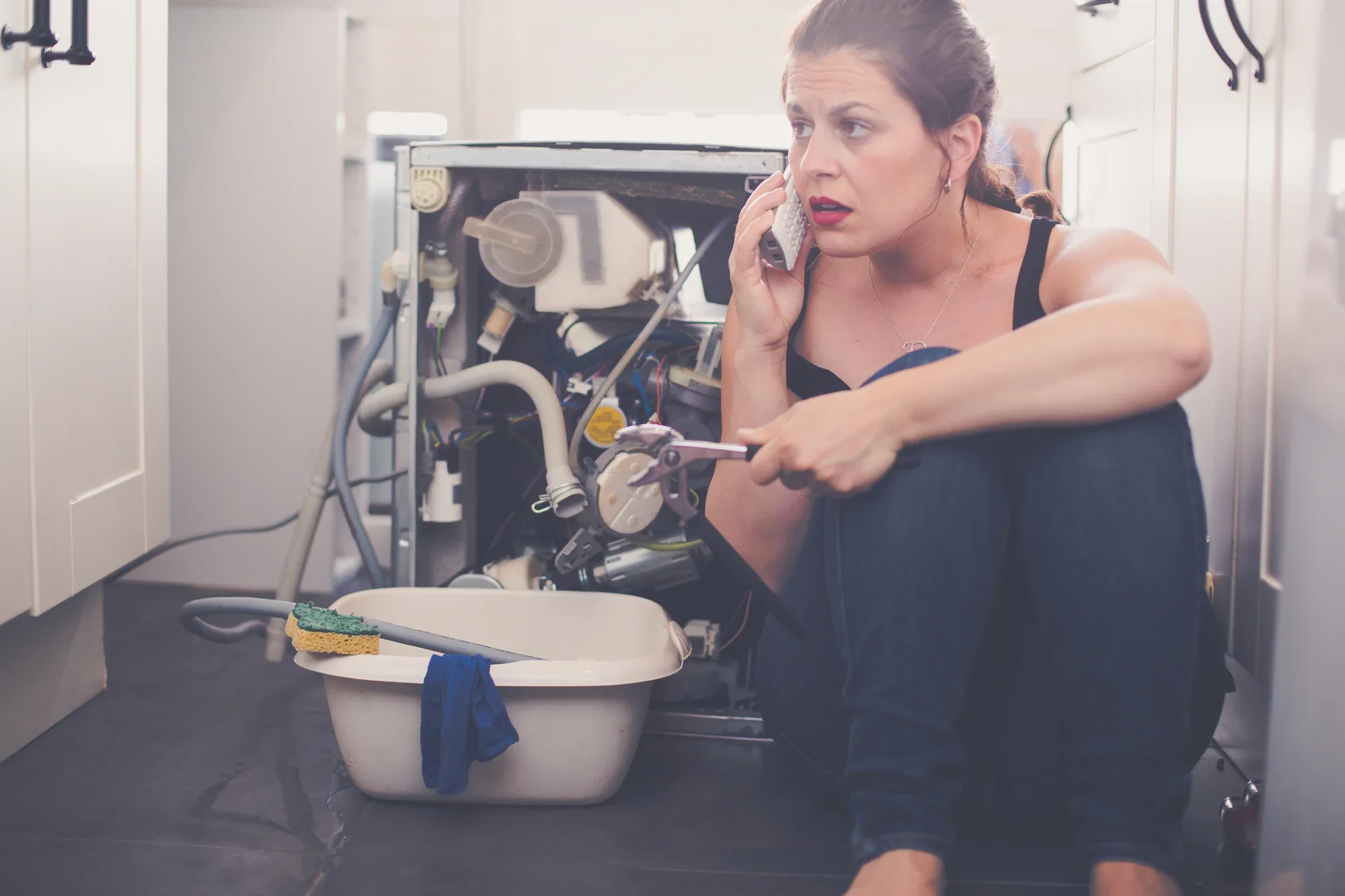Studies have shown that almost 90% of American homes have hard water, revealing how common an issue this is and why you may need a water softener system.
Though hard water is not necessarily a health risk, it can have side effects. Your entire home will be affected by hard water, from your clothes to your dishes.
So it is a good idea to look into what hard water is and why you may want to avoid it, as many homes could benefit from a soft water system.
Keep reading to learn more about how a water softener works and find out if you should get one.
What Does a Water Softener Do?
A water softener system is something that helps to counteract hard water. It removes negative ionic minerals and replaces them with positive ions instead.
A water softener helps by removing the calcium and magnesium ions, which produce hard water, replacing them with sodium or potassium ions for soft water.
Water softener systems have limits to how well they can work, so you need to do your research. You should find out just how hard your water is before buying this system. This way, you can buy the system according to your home and the type of water.
Signs Your Home Needs a Water Softener
Not every home is going to have hard water, as there are some exceptions. This makes it harder to determine if you have hard water.
But there are some obvious signs that you can look for. Keep reading to find out if your home has hard water that a soft water system could fix.
Scale Buildup
Mineral deposits that are called scale can build up if you have hard water. This looks like a chalky film that is very difficult to completely remove.
It will often develop in areas where water is frequently coming out, such as sink faucets and showers.
You may even begin to notice scale building up on other items in your home such as pots, pans, and dishes that you frequently have to wash.
The bigger downside to scale buildup is that it can lead to costly damage to your home, as it can build up in appliances like your dishwasher or washing machine.
If left untreated, it can also build up in your plumbing system, causing issues over time. So this is a sign that shouldn’t be ignored for too long.
High Utility Bills
If hard water is left unresolved, it can really become a much larger issue. Scale will continue to build up and cause issues later on.
This can lead to high utility bills, as scale can collect in your plumbing pipes without you knowing. It creates narrow pipes that make it harder for the water to move freely.
Eventually, this can clog your pipes, but it also makes your water heater work harder, leading to costly repairs down the road that will need to be addressed.
This is why it pays off to address hard water directly rather than waiting too long. Hard water is not harmless, and it can start to cause extensive damage.
Laundry Issues
Hard water even affects your laundry, as it requires water. You may start to notice your laundry having a film on it or smelling dirty or sour.
It can even cause your clothing to look gray or have a rougher texture than it should have. When this happens, your laundry often won’t feel very clean after being washed.
Hard water will also wear down your clothing faster than it should. It damages your clothes the more you wash them, as the hard water is very hard on fabrics.
Dry Hair and Skin
If you don’t have a water softener system, the hard water could affect your skin and hair. The minerals create dry skin that is harder to wash, as soap won’t be as effective.
Soap can also linger on hair and become harder to rinse out, leaving behind residue that causes your hair to look dull and dirty all the time.
The minerals in hard water can also dry out your hair, making it harder to wash. Overall, these minerals are not going to be great for the health of your skin or hair.
Hard Water Stains
Hard water stains look like areas of water that have dried, leaving a film behind. You may notice these stains on cups and dishes, specifically as the water dries and leaves behind a stain.
These stains are hard to clean and can make dishes look and feel dirty. They will come right back if the hard water isn’t fixed.
Stains can also be found in sinks and other areas where water often collects before drying. These stains may have a chalky appearance or may even be brown or yellow.
They are very hard to clean and require a lot of elbow grease to completely remove. They will also come back unless you have a water softener system to fix the hard water issue, as the water will continue to sit and stain sinks, toilets, and showers.
Your Home Needs a Water Softener System
If you suspect your home has hard water, you may need to get a water softener system. This is the only way to fix hard water in your home.
Do you need to get a water softener for your home? Contact us today at Master Plumbing for plumbing resources for your home.



